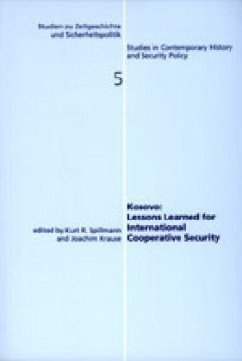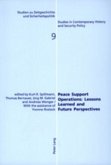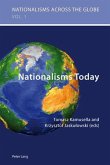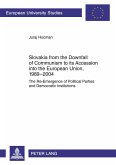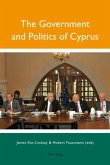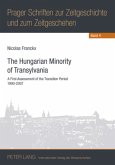The Kosovo crisis of 1999 was one of the most challenging events for cooperative security. Since the end of the Cold War, the European states, the United States and Canada have made progress in devising a new security architecture. However, the wars in the former Yugoslavia seemed to indicate that the new international order was not able to live up to its expectations. For the fourth time in eight years the Yugoslav president Slobodan Milosevic and those political forces he stands for tried to resolve an ethnic problem by means of ethnic cleansing. Unlike in Bosnia-Herzegovina or in Croatia, the Western world reacted with much more determination and resolve. The outcome was an accord that was made in early June 1999 and which has to be seen against the backdrop of a major international crisis. This book critically examines the various efforts to resolve the Kosovo problem by ways of cooperative security. It also deals with the problems that started after the agreement of 9 June 1999. Furthermore, it tries to shed light on the broader regional and international aspects of that crisis.
Bitte wählen Sie Ihr Anliegen aus.
Rechnungen
Retourenschein anfordern
Bestellstatus
Storno

